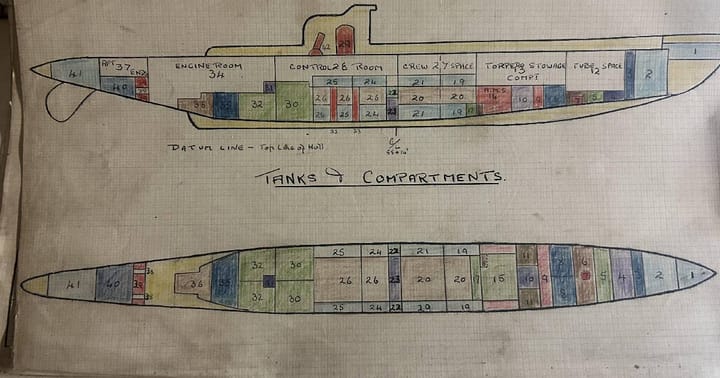Why Right Hand Drive will never use AI
Or why words are more important than cars

One of the core principles of Right Hand Drive is that it will never host a single word generated by artificial intelligence. Given how much AI looks set to dominate the internet over the coming years, I’d wager this will become something of a unique selling point, if it’s not one already.
I’ve even gone so far as to have a natty little emblem designed to proclaim this intent, because while it would be both possible and potentially advantageous to get an AI system to write, for example, a page detailing each and every car offered for sale today, I will not make use of this technology for a number of reasons.
The first is that in its present form AI has appalling style, creating sentences that resemble a callow writer with unearned confidence and a gallingly chatty tone, while factual errors (neatly coined ‘hallucinations’) don’t just creep in, but appear intrinsic to its flow of words. Even if AI were perfect – if it never made mistakes and could craft clauses as elegantly as F. Scott Fitzgerald – I refuse to use it.
There is an element of Ludditic self-preservation at play here – why embrace a technology that would replace me? But there is a moral element, too: AI systems base their answers and style on words written by people, ‘scraping’ the internet for information, and how to articulate that information in a form that mimics a human, all without providing recompense or recognition to the people who wrote the words it has made use of. This hardly seems fair.

My aversion to AI goes deeper, though. A quote I carry around – “the limits of my language mean the limits of my world” (Wittgenstein) – implies if we cannot articulate a feeling, thought, sensation, occurrence, trifle, tragedy, or any other thing that impacts us, then it cannot be said to properly exist, or at least our ability to process and express it is curtained.
Artificial intelligence doesn't properly really exist, not in the sense we do: it's a zeros and ones mimicking a mind, in the same way a singing bird box may flap its wings and play a tune, but is not a nightingale. Automata are a tribute to real songbirds and do not attempt to replace them, though, whereas AI seeks to do just that with humans.
AI is intellectual Soylent Green: processed minds, synthesised by machines that feed our own regurgitated words and ideas back to us to consume – matrix soup – an ouroboros of a brain. No, thanks.

A mind by any other name is still a mind, and a computer still a computer; these elements are discrete from one another, and should remain so. I do not consider a world in which what we read was not thought, felt and intuited, before being written by another human, to be positive.
This article could just as easily pertain to AI 'art' or AI 'music', but I can’t dance, I can’t read music and I can’t paint. Unless you want me to sing (many would say you don’t), words are my domains - they're all I have to express myself – my "pegs to hang ideas off", if you’ll excuse another quote (Beecher).
A core building block of culture is literacy, and with this skill and the most elemental of materials – ash and stone perhaps – a person's thoughts, feelings and sense of self can be shared with distant others.
There is a certain sacredness to words, in other words, and while others are free to outsource theirs to computers, and waves of computer-generated script flow through the world, I will keep them from this small corner of the internet.



